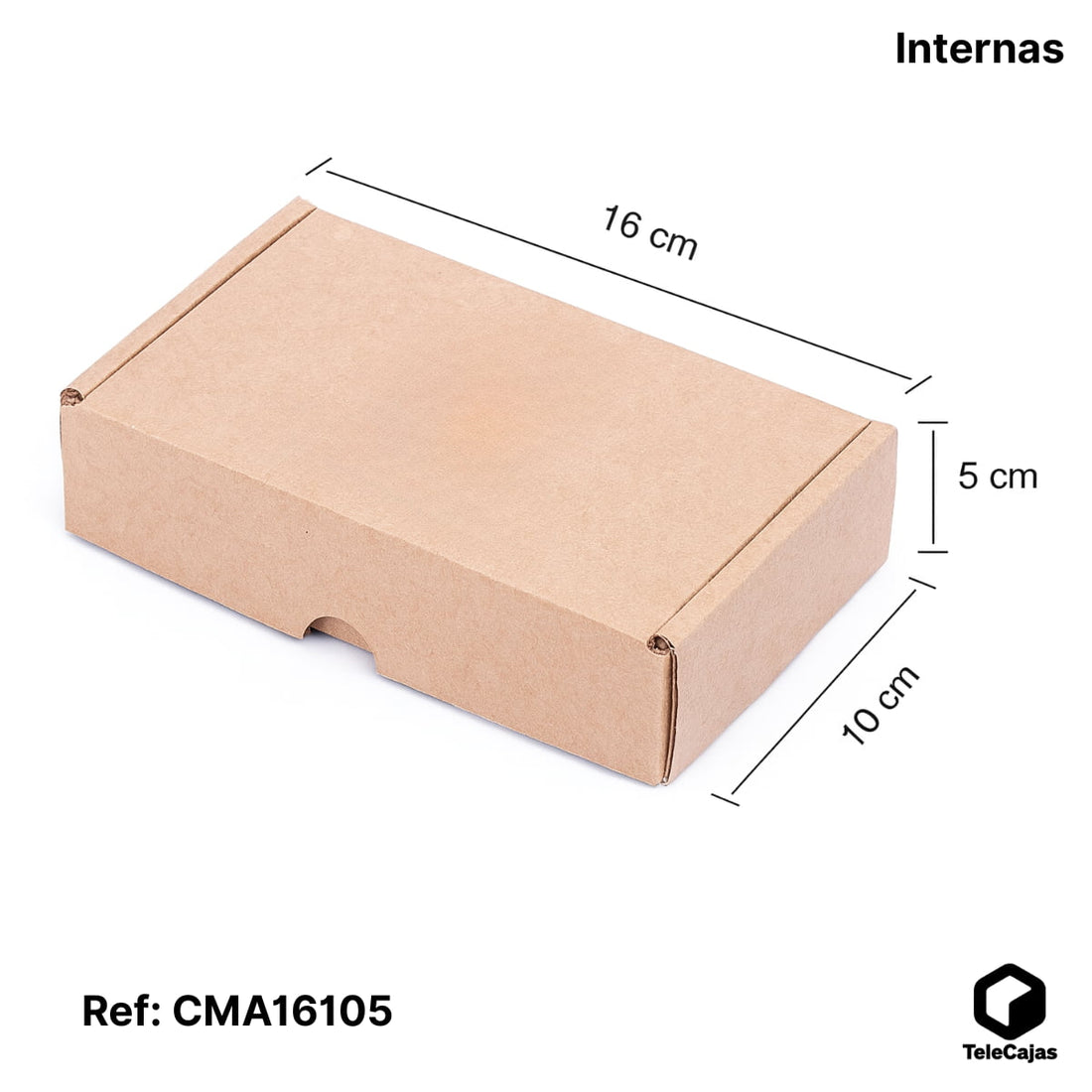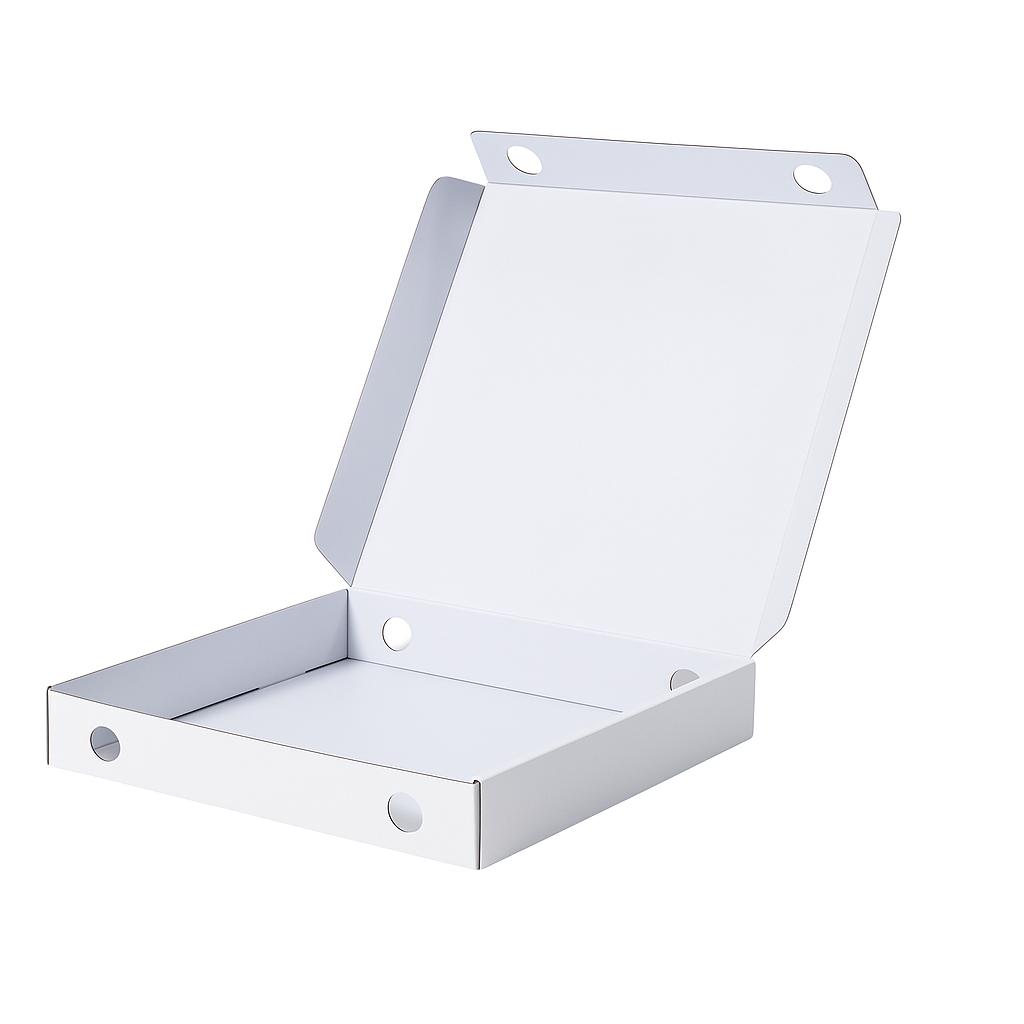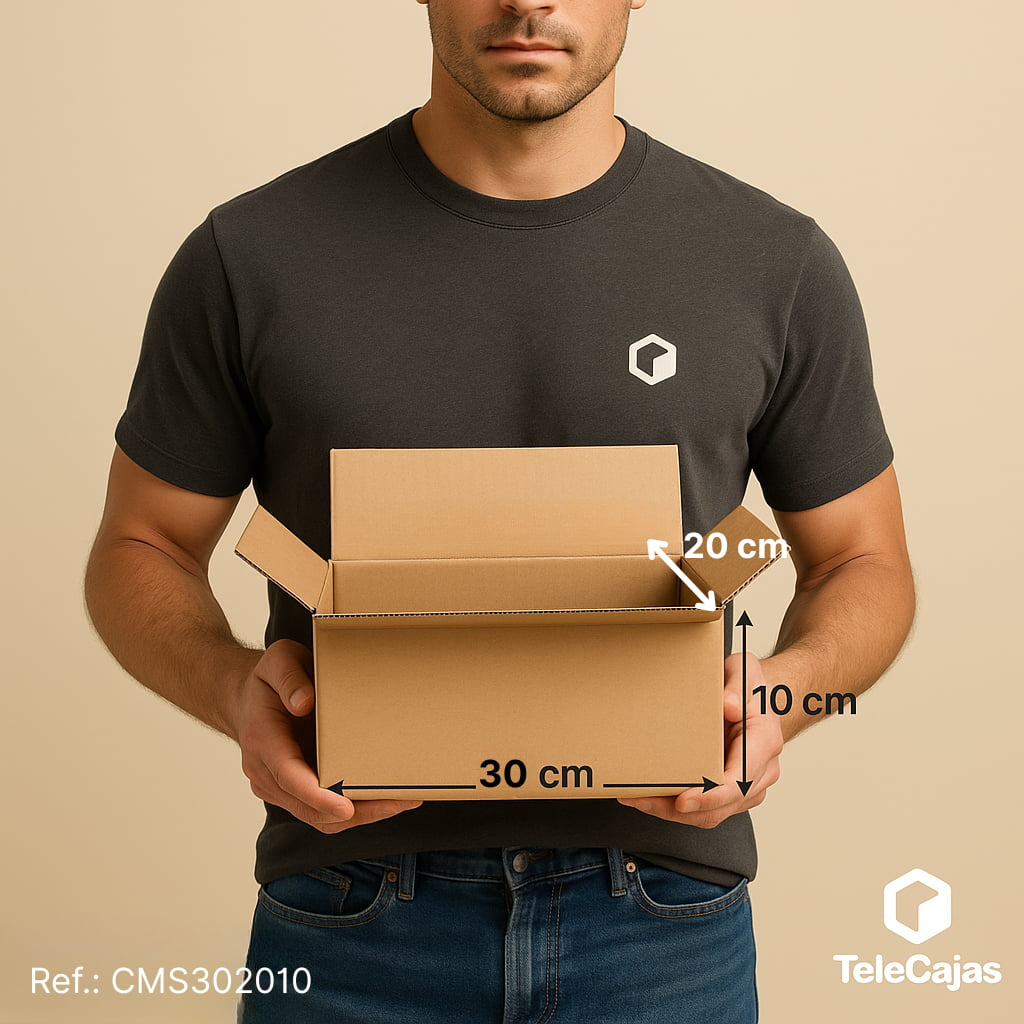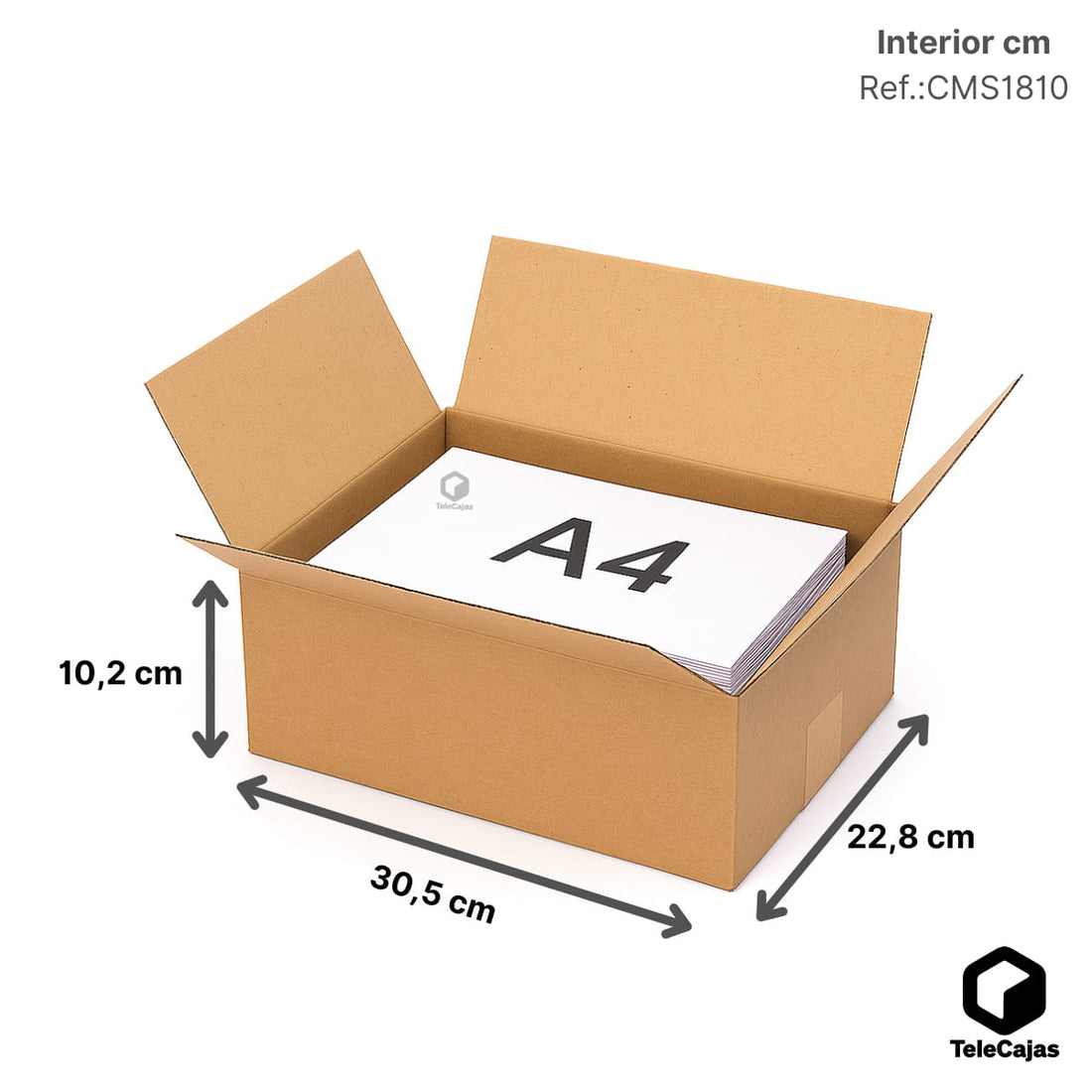Moves, changes and transfers in the so-called millennial generation
That being, feeling and interacting with the world and its things have changed radically in the last twenty years, almost no one doubts it. To the emergence of the Internet (with immediate access to information) was added, first, the landing (in the literal sense of the term) of low-cost companies, further reducing the distances between cities. This reduction in the cost of travel and movement, removals and information was joined, with the Great Recession, almost by prevailing necessity, to the rise of any product that carried the low cost label. And, the latest revolution in the ways of dealing with consumption comes from all kinds of smart mobile apps (free or almost) that unite users with common interests. They are applications that address diverse needs: from those that make it possible to make friends to those that look for users to share a car, apartments or exchange all types of material goods. It is the latest technological revolution that is, here and now, transforming the world and in which the so-called millennial generation is fully immersed .But who are millennials?
The term, in English, (it has also been translated as Generation Y ) defines the population immediately behind Generation X (those born between 1966 and 1985). Millennials are those who came into the world immediately after (starting in 1985) until the turn of the millennium, up to the year 2000. Some sources date this date back to 1980. That is, they are the young people (or almost young people) who today have between 20 and 35 years old. They are the same ones that must be incorporated into the labor market and, at the same time, consumption.10 characteristics that define millennials
And how they are? How do they think? How do they act? Perhaps they are the most misunderstood in history by their elders (those of generation They have been branded as consumerist, capricious, childish, immature if not useless without any argument. However, and without ignoring the latter, in the last decade, especially thanks to the marketing managers of large companies, they are beginning to investigate the vital uses of this generation. It is a population that has fully suffered the blows of the Great Recession, forcing a good part of its members to constantly move , to move countries, if not to exile with all that this implies from the emotional and spiritual point of view. Without intending to be exhaustive, millennials respond to these ten characteristics:- 1.- Give me an app and I will move the world. Life is concentrated on a smartphone that is least used for talking. Interests, jokes, the weather, the car that can take you to a deserted beach, the job you are looking for, the sexual partner of the moment are all behind the small screen at the touch of a single click. They are the first digital natives.
- 2.- It has been said that it is the most consumerist generation in history. The cash they have is “invested” in perishable consumer items. Fashion, sports equipment, hygiene, beauty, hairdressing, leisure, cinema, downloads... are favorites of this population group. They tend not to accumulate anything. Removals are in order and what they no longer need or have grown tired of using ends up on the second-hand market through online buying and selling pages. Life has to fit in a box.
- 3.- On the contrary, there are consumer goods that seem unattainable . A vehicle or a home (normal in the worldview of their elders) appear as objects that are impossible to obtain. Although their employment outlook is unstable to say the least, millennials ' own worldview with their tendency to constantly move means that these goods are not objects of desire.
- 4.- The here and now . Tomorrow does not exist. There is no forecast for the future. Saving is considered a luxury. Movement is a constant in their lives.
- 5.- The concept of family is blown up . The fragility of work is of such caliber and the changes are so radical in the form and ways of relating that traditional family parameters enter less and less into the future plans of these millennials, accustomed to personal and physical changes .
- 6.- Leisure is an important part of their lives and among them the practice of sports of all kinds stands out. This generation is healthier than its predecessors. They are more aware of proper nutrition, moderate alcohol consumption and the risks of tobacco. They do militant proselytism. At the same time and contradictorily, there is also tolerance towards synthetic drugs in this group.
- 7.- Travel as a way of life. The fact that they are used to constant moves (for work or personal reasons) see travel as a natural form of fun. This is without counting the possibilities offered by low-cost companies and specific apps that enable alternative accommodation to traditional ones.
- 8.- It is a generation that disbelieves in traditional politics that feels (rightly) that its needs and problems are not addressed.
- 9.- Although it may seem contradictory, it is one of the most committed to humanitarian or justice causes , which they are not capable of channeling effectively. Perhaps one of the many apps they are used to is missing.
- 10.- Obscenely sincere and transparent , they have no qualms about publishing details of their private life on any of the social networks. Photographs of one's intimate life (previously reserved for a small circle of friends) sometimes coexist with family photos, trips, or the causes or desires that occupy one's life. Millennials feel vital or physical changes as part of their existence and have no problem expressing it openly on the networks. Today I am here or with you, tomorrow I don't know. The ability to express desires, convictions, manias and publish them openly can scandalize, not only the modest Baby Boom generation but also the long-suffering generation known as X.



























